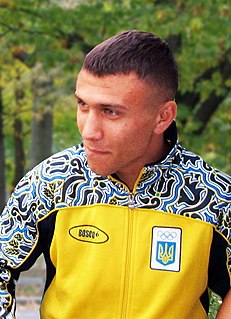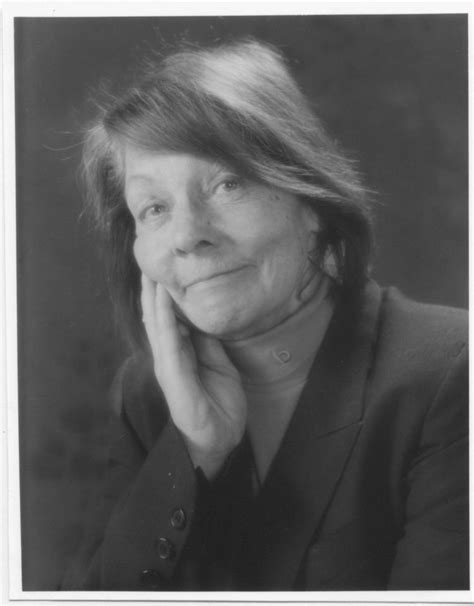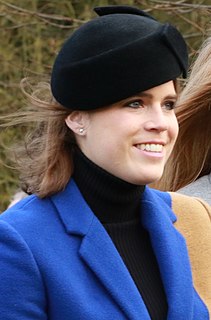A Quote by Dorothea Dix
Of my English friends, I should find language too poor to speak the just praise and the excellence which shines in their characters and lives.
Related Quotes
I have a funny relationship to language. When I came to California when I was three I spoke Urdu fluently and I didn't speak a word of English. Within a few months I lost all my Urdu and spoke only English and then I learned Urdu all over again when I was nine. Urdu is my first language but it's not as good as my English and it's sort of become my third language. English is my best language but was the second language I learned.
English has always been my musical language. When I started writing songs when I was 13 or 14, I started writing in English because it's the language in between. I speak Finnish, I speak French, so I'll write songs in English because that's the music I listen to. I learned so much poetry and the poetic way of expressing myself is in English.
James Joyce's English was based on the rhythm of the Irish language. He wrote things that shocked English language speakers but he was thinking in Gaelic. I've sung songs that if they were in English, would have been banned too. The psyche of the Irish language is completely different to the English-speaking world.
I spent ten years in London; I trained there. But because I started in English, it kind of feels the most natural to me, to act in English, which is a strange thing. My language is Spanish; I grew up in Argentina. I speak to my family in Spanish, but if you were to ask me what language I connect with, it'd be English in some weird way.
I speak English, obviously, Afrikaans, which is a derivative of Dutch that we have in South Africa. And then I speak African languages. So I speak Zulu. I speak Xhosa. I speak Tswana. And I speak Tsonga. And like - so those are my languages of the core. And then I don't claim German, but I can have a conversation in it. So I'm trying to make that officially my seventh language. And then, hopefully, I can learn Spanish.
Most English speakers do not have the writer's short fuse about seeing or hearing their language brutalized. This is the main reason, I suspect, that English is becoming the world's universal tongue: English-speaking natives don't care how badly others speak English as long as they speak it. French, once considered likely to become the world's lingua franca, has lost popularity because those who are born speaking it reject this liberal attitude and become depressed, insulted or insufferable when their language is ill used.






































